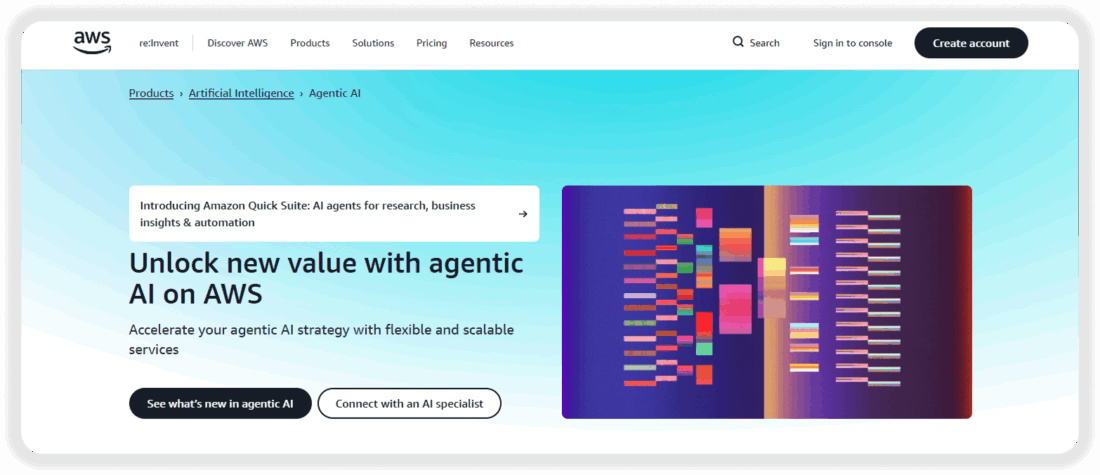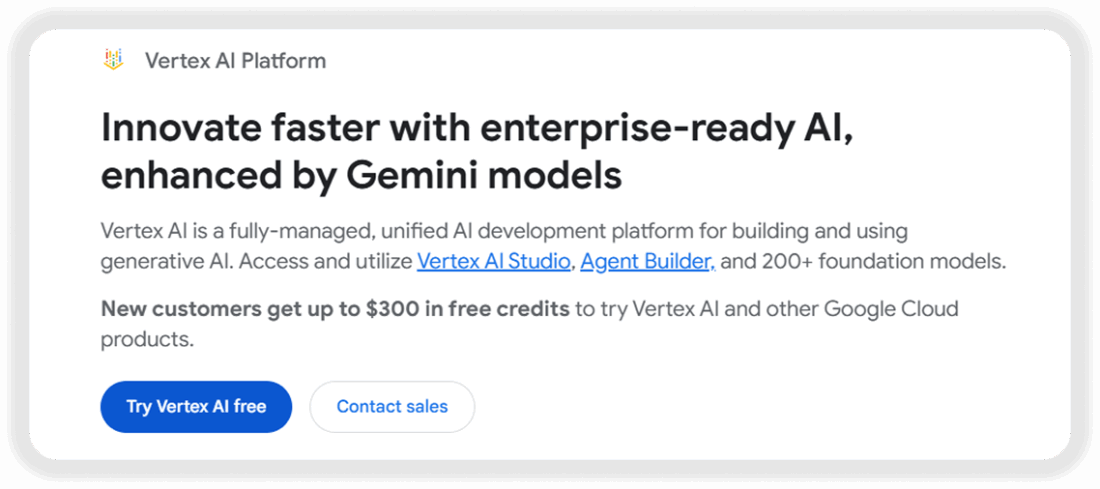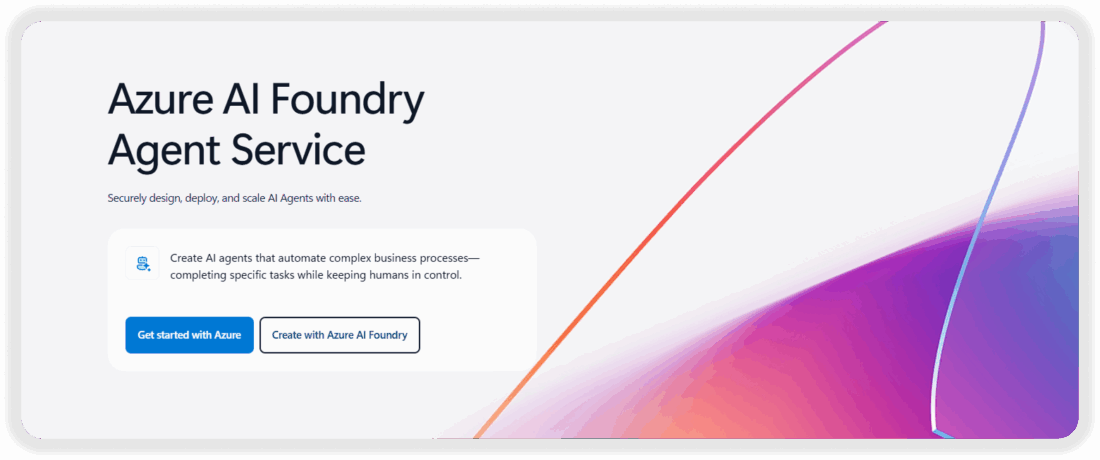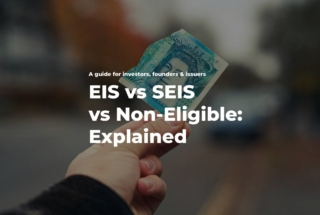Agentic AI Overview: Use Cases and Relevance for Investment Platforms
No time to read? Let AI give you a quick summary of this article.
Agentic AI refers to artificial intelligence that acts independently to achieve objectives. It can set goals, plan tasks, and execute actions with minimal human supervision.
Unlike traditional AI or generative models that respond to single prompts, agentic systems1 can structure complex workflows into subtasks, reason about priorities, gather and analyze data, and act autonomously through APIs or external systems.
In simple terms, agentic AI doesn’t just answer questions; it completes missions.
Agentic AI is already gaining traction in several areas, including IT operations, customer service and sales.
In customer support, for example, these systems can identify a problem, review account details, fix the issue through backend APIs, and update the user: all without constant human involvement. In software development and IT, agents can sort alerts, suggest fixes, run diagnostics, and handle system updates. In sales and marketing, they can research leads, create outreach campaigns, run A/B tests, and turn results into clear recommendations.
One area where this shift is beginning to take shape is in financial services. The investment sector, which already relies on automation through robo-advisors, is now exploring how agentic AI can take that concept further.
What you will learn in this post:
Agentic AI vs traditional robo-advisors
In the investment world, automation is not new. Robo-advisors have existed for over a decade2. They offer portfolio rebalancing, asset allocation, and tax-loss harvesting based on pre-set algorithms.
However, agentic AI represents a different class of intelligence. While robo-advisors follow fixed rules, agentic systems can interpret goals, plan dynamically, and act across multiple platforms. Here is how these two models compare.
| Feature | Robo-advisors | Agentic AI |
| Main function | Automates investment allocation and rebalancing | Manages multi-step financial goals dynamically |
| Adaptability | Limited, based on programmed triggers | High, can reason, plan, and adapt in real time |
| Integration scope | Restricted to portfolio management | Can integrate with taxes, credit, insurance, and cash flow tools |
| Human oversight | High, fixed strategy, low flexibility | Optional, configurable autonomy with oversight layers |
How Agentic AI could transform investment platforms
Agentic AI has the potential to completely change how investment platforms operate. Unlike traditional robo-advisors, which follow pre-set algorithms, agentic systems can act as goal-driven financial assistants. They can monitor markets, evaluate opportunities, coordinate across multiple systems, and take actions in real time: all aligned with a client’s objectives.
Practical examples help show the difference.
Suppose a client’s goal is to protect their buying power and generate a steady income. An agentic investment assistant could track economic trends, adjust allocations, apply hedges when market volatility rises, and send the client a clear explanation with recommended actions.
An agentic AI could even connect to outside services, like a mortgage system, to refinance expensive debt if it makes sense, and then update the investment plan to show the extra cash flow.
Traditional robo-advisors can’t manage these kinds of multi-step tasks across different systems without a lot of programming, but agentic AI can handle it automatically as part of its goal-driven process.
Agentic AI can change how investment platforms work in several important ways:
- Personalized money management: Agentic AI can keep track of your spending, income, and investments, and automatically adjust your portfolio to protect your money and reach your financial goals.
- Finding opportunities early: It can spot underperforming investments, suggest better options, or apply safe strategies to reduce risk – all without waiting for a human to act.
- Working across systems: Agentic AI can handle tasks that involve different services, like refinancing debt, moving money between accounts, or updating your investment plan.
- Following the rules: It can make sure every action follows financial regulations, and records everything so it’s easy to check and audit.
These features go well beyond what traditional robo-advisors can do. They can turn simple investment platforms into smart, goal-focused financial assistants that actively manage your money.
In the future, Agentic AI could become a new operating layer for investment management. Instead of pre-programmed advice, users could interact with adaptive agents capable of understanding personal goals, regulatory contexts, and dynamic market data.
This evolution won’t eliminate human advisors, but it will enhance their capabilities. Advisors could focus on strategy and relationship management, while agentic systems handle continuous monitoring, execution, and reporting.
Risks connected to Agentic AI
Agentic AI also comes with real risks3 that investment platforms need to handle very carefully. Because it makes decisions on its own, it can sometimes go off track and make mistakes that build on each other. Financial platforms operate in tightly regulated environments, so transparency, clear records, and following the rules are very important.
To use agentic AI safely, platforms need strong management systems, thorough testing, human oversight, and detailed logging of every decision. Companies should treat these AIs like digital employees and give them clear limits, ways to escalate problems, and emergency shutdown options. Many cloud providers and platform vendors already provide guidance on how to deploy these systems securely.
Agentic AI platforms
Here’s a simple breakdown of key Agentic AI software and services and what they offer.
AWS Agentic AI Suite

Amazon provides pre-built AI agents4 and workflow templates that can handle multi-step tasks automatically. It also includes compliance-ready frameworks, which make it easier for companies in regulated industries, like finance, to deploy agentic AI safely.
Google Cloud Vertex AI Agents

Google Cloud lets developers build agents that can reason through complex, multi-step processes. These agents can connect to different data sources, analyze information, and make decisions across systems. Vertex AI5 is especially strong at integrating AI with real-time data and large-scale cloud services.
Microsoft Azure AI Foundry

Azure AI Foundry6 offers tools for building and managing AI agents that can support a range of business tasks.
These agents can work with company data, automate routine processes, and assist teams in areas like customer communication, document preparation, and system modernization.
The platform provides a consistent development environment, access to a variety of models, and built-in security features, making it a practical option for organizations exploring agent-driven workflows.
Open-source Agentic AI frameworks
Here are a few more Agentic AI solutions that provide open-source frameworks:
- LangChain
- AutoGen
- CrewAI
- MetaGPT
These open-source tools let developers create custom agent ecosystems. For example, LangChain7 focuses on connecting AI models to data and APIs, AutoGen8 helps agents coordinate tasks, CrewAI9 enables multi-agent collaboration, and MetaGPT10 offers tools for building goal-directed agent workflows.
Investing in Agentic AI solutions
For those looking to invest in the agentic AI space, there are a few options:
- Anthropic11 and OpenAI12: These companies work on reasoning models that form the foundation for agentic AI systems.
- Specialized startups: Firms like Adept AI13, LangChain, and AutoGen Labs build agent orchestration platforms and enable enterprise deployment.
Investing in Agentic AI solutions is a hot topic right now, but launching an investment platform yourself is an evergreen business decision.
How to launch an investment platform with LenderKit
Agentic AI is clearly reshaping how financial products are designed, managed and delivered. While this technology is still maturing and not yet widely implemented across most investment platforms — it represents a direction that the industry is steadily moving toward.
At LenderKit, we don’t use full agentic AI today, but we do help companies build the kind of solid, scalable infrastructure where these future capabilities can be integrated.
Our platform supports traditional investment workflows such as onboarding, KYC/AML, deal management, transaction processing, reporting and even tokenization with the help of our partners, so you can operate a robust alternative investment platform right now, while leaving room to incorporate advanced features like AI-driven automation as they become reliable and regulatory-ready.
If you’d like to explore how to launch a modern investment platform that’s prepared for both today’s requirements and tomorrow’s technology, feel free to reach out to our team.

Article sources:
- What is Agentic AI? | IBM
- History of Robo-Advisors and Automated Investing
- Agentic AI Governance and Compliance | Okta
- Agentic AI Solutions and Development Tools - AWS
- Vertex AI Platform | Google Cloud
- Azure AI Foundry
- LangChain
- AutoGen — AutoGen
- The Leading Multi-Agent Platform
- MGX (MetaGPT X) – Your AI Dev Team for Vibe Coding
- Home Anthropic
- OpenAI
- Vercel Security Checkpoint



